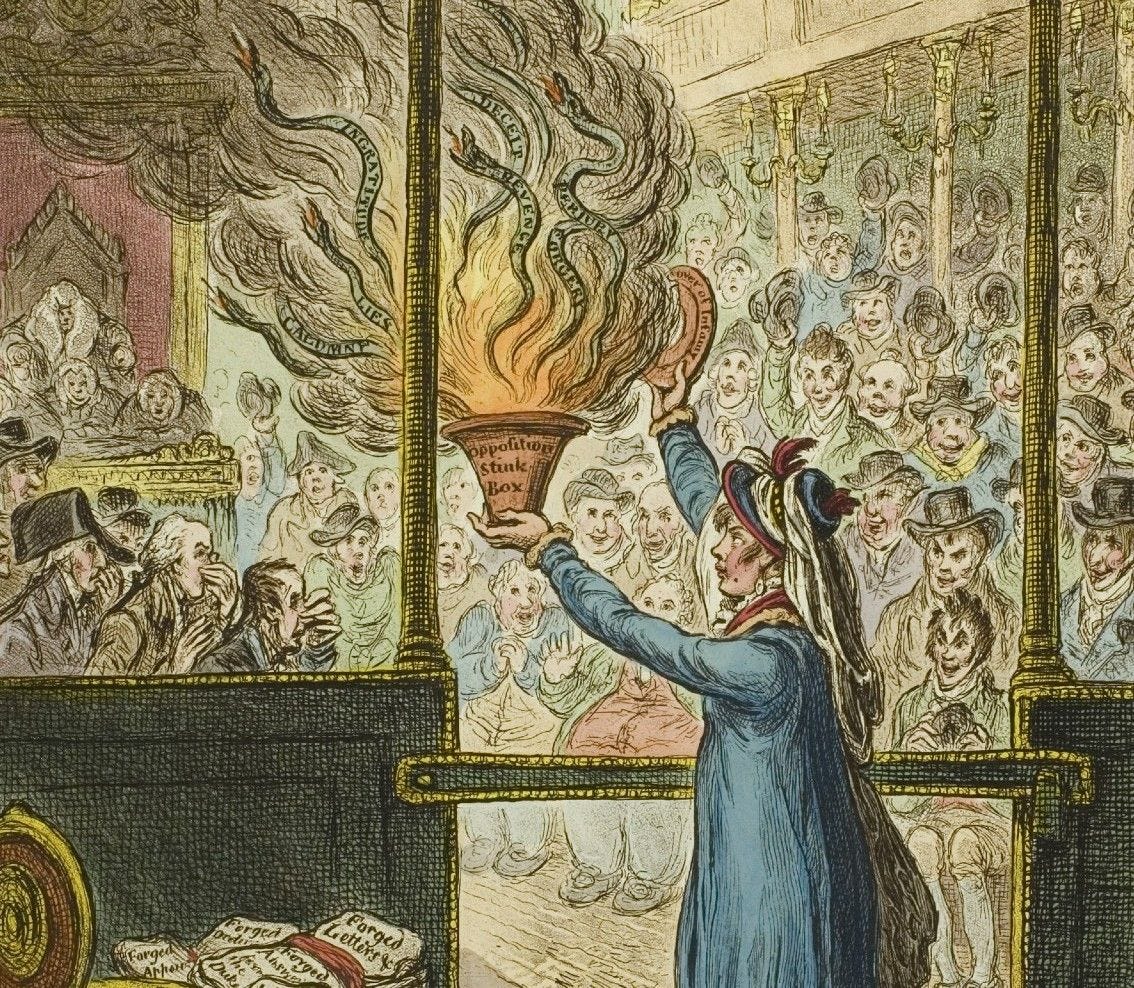We Are All Consequentialists Now
Is democracy only good as long as it delivers the results we like?
I don’t know if this—like a growing number of things in this odd moment in which we live—will manage to be both vaguely self-evident and incredibly unfashionable. Actually, it almost certainly will. You have been warned.
I’ve been a critic of how moderns (i.e. me, you, and everyone we know) view the democratic idea. I don’t have a great sense of how bad…




